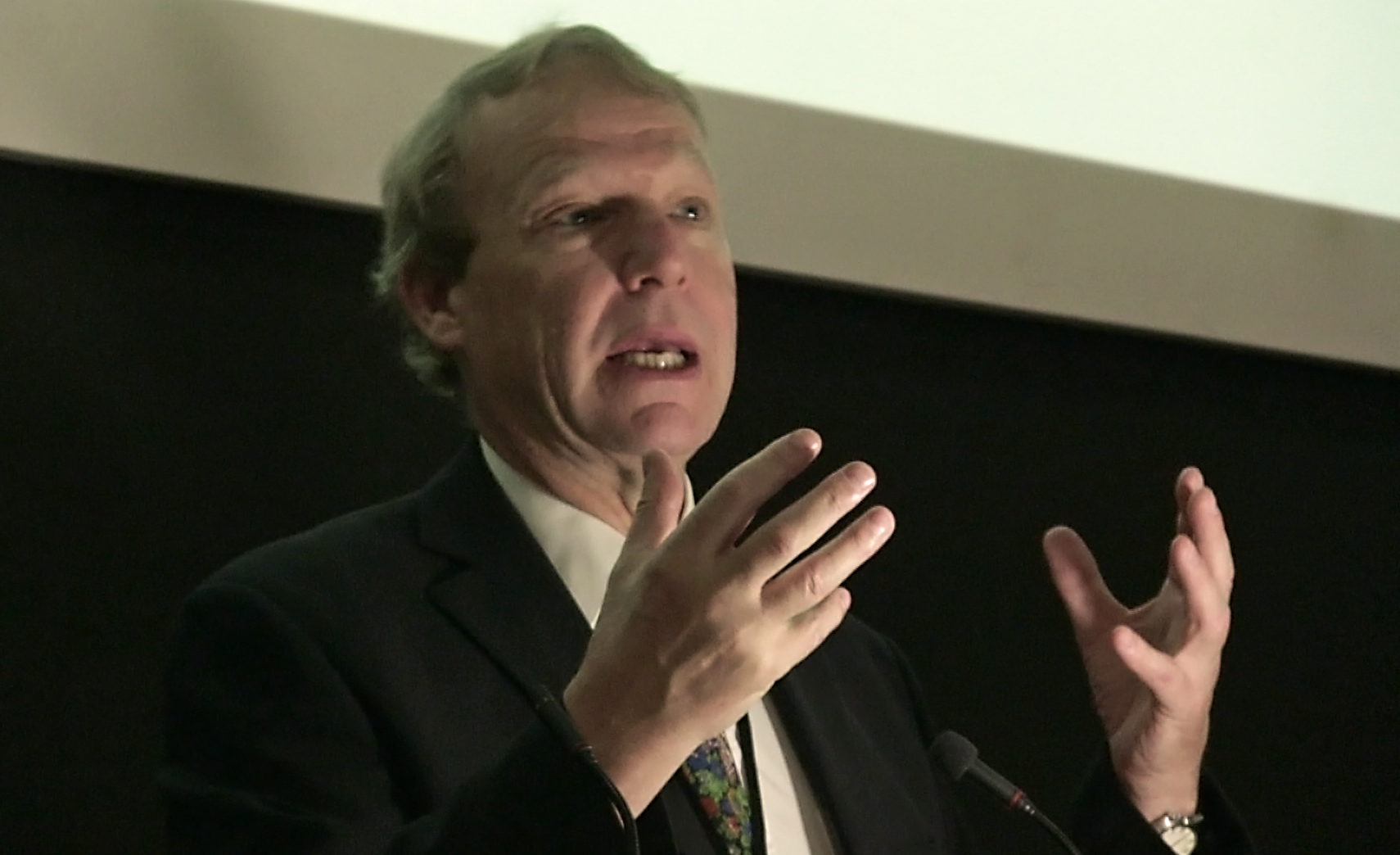|
September 23rd to 27th is Fungal Disease Awareness Week, an annual campaign to highlight the vital difference early recognition of serious fungal diseases makes in patient outcomes. |
|
Professor David Denning, Chief Executive of the Global Action Fund for Fungal Diseases (GAFFI) said:
|
|
In the UK this means vulnerable people such as Kate Montali of Northamptonshire, who was diagnosed with Aspergillosis and Bronchiectasis after using a ventilator in hospital, often find themselves speaking to GPs who struggle to identify the disease;
|
